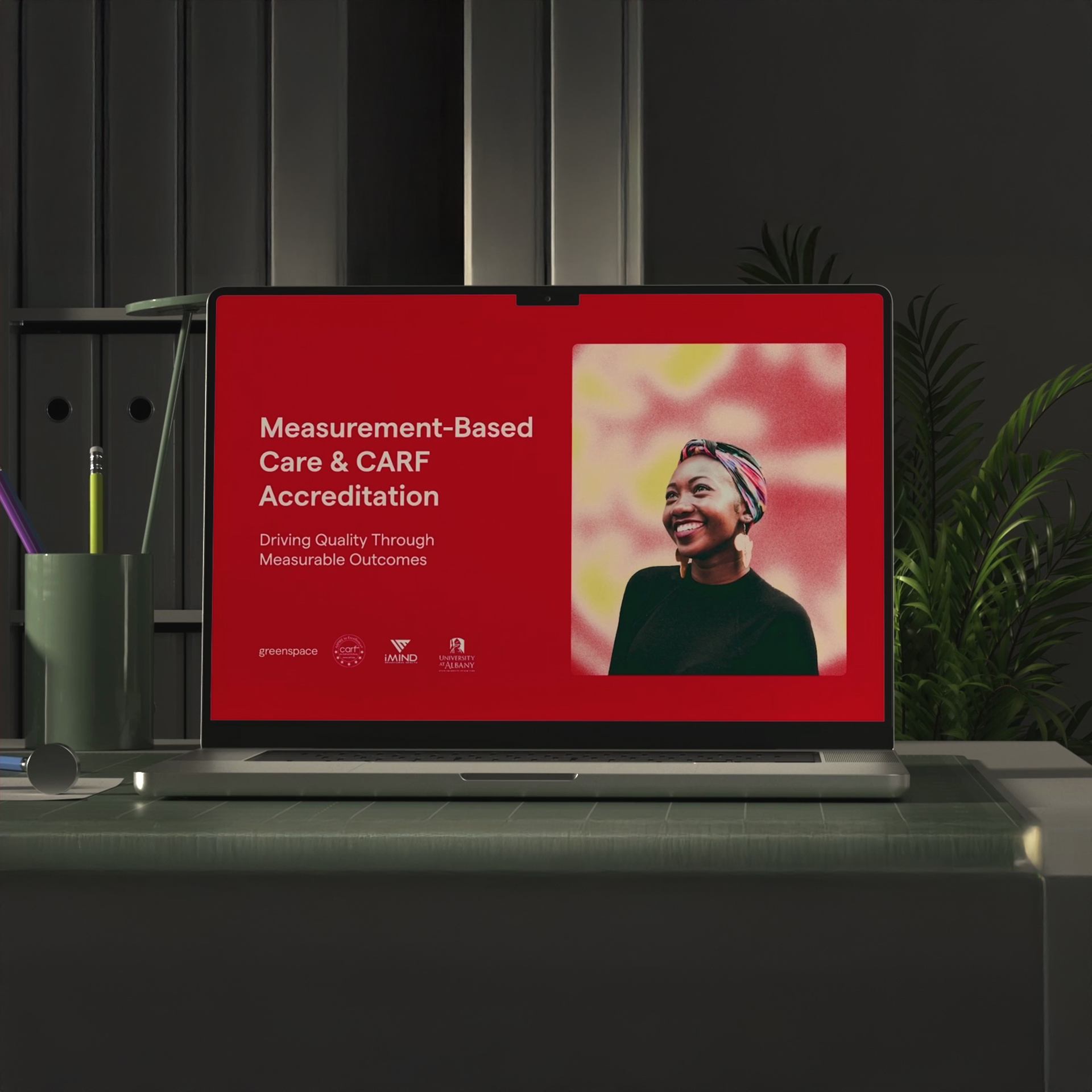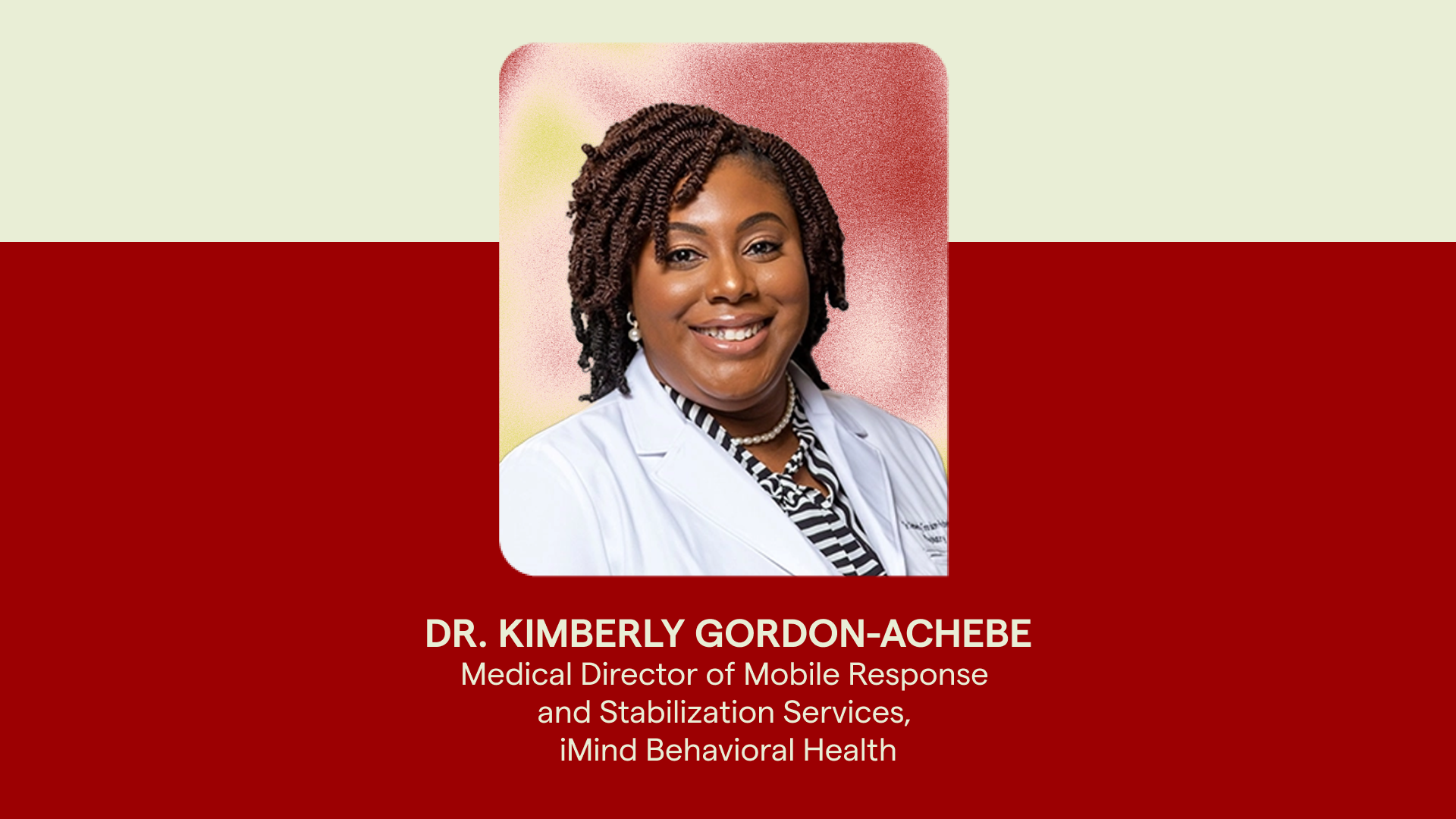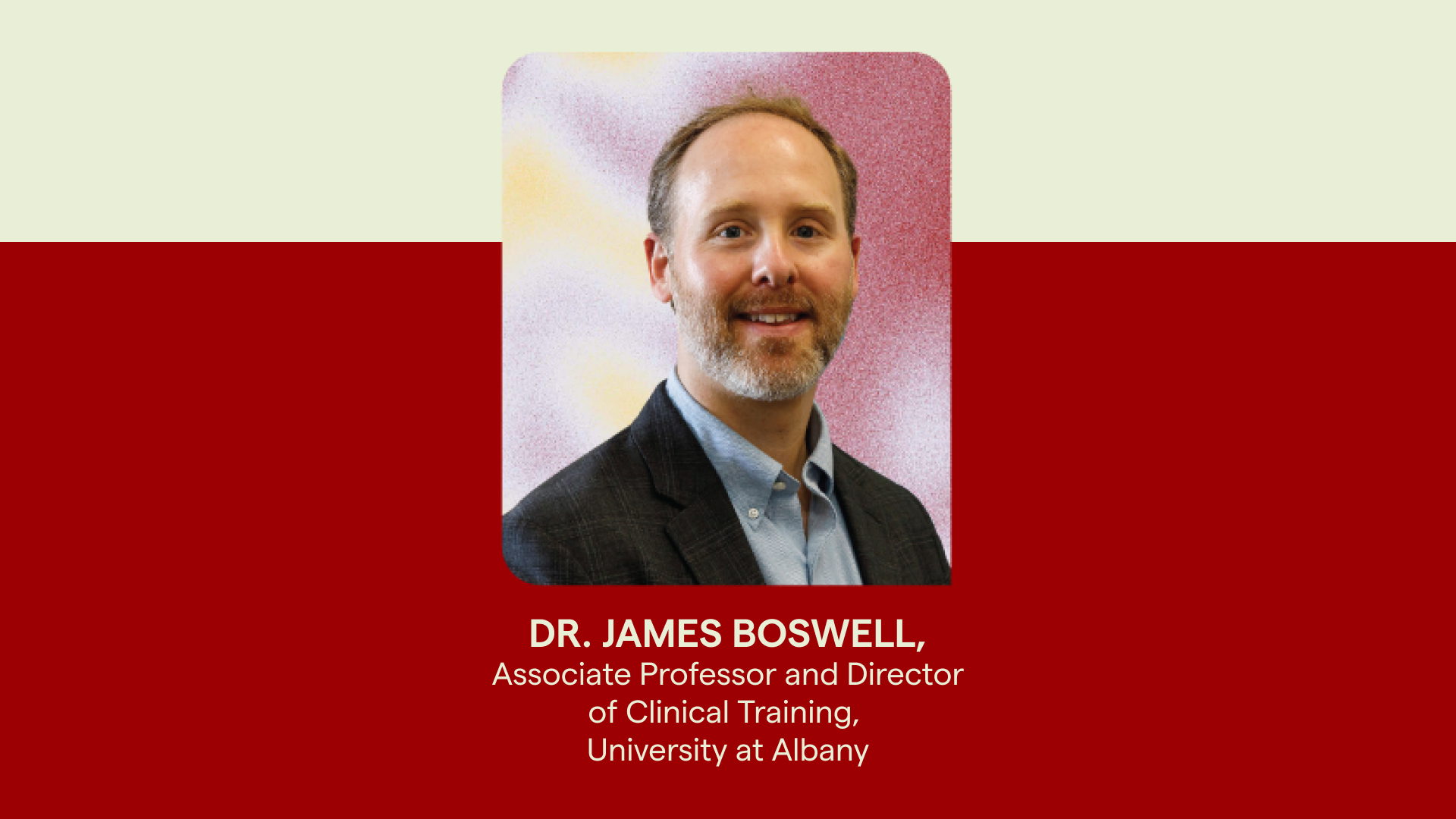The US has been facing a mental health and substance abuse crisis for several years. According to the National Institute of Mental Health, one in five adults experience mental illness in a given year, and one in 25 adults experience serious mental illness. Unfortunately, only half of these individuals receive treatment.
To help bridge the gap in mental health care for those who need it most, states across the US have launched Certified Community Behavioral Health Clinics (CCBHCs), which are government funded and regulated facilities that focus on providing comprehensive, community-based care to individuals with behavioral health conditions.
The CCBHC Movement
The first CCBHCs opened their doors in 2017 after the passage of The Excellence in Mental Health Care Act of 2014, and more states have joined the movement every year. Since 2018, the Substance Abuse and Mental Health Services Administration (SAMHSA) has distributed grant funding to support the launch of CCBHCs in dozens of additional states. The Bipartisan Safer Communities Act was also passed in congress late last year, which assisted the launch of additional CCBHCs in more than 46 states across the US.
The Impact of CCBHCs
The CCBHC model is built to tackle many of the challenges faced by the current setup of the mental health system. There are three important factors that contribute to the significant impact CCBHCs are having on the quality of mental health care in the US:
- They must ensure access to integrated, evidence-based services. This includes 24/7 crisis response and medication-assisted treatment (MAT).
- They must meet strict standards of timeliness to access, reporting, staffing, coordination with external social services, criminal justice, and education systems.
- They receive flexible government funding in order to allow for effective service expansion that meets the real needs of their communities.
These specialized clinics improve access by combining a variety of treatment specialists within one 24-hour location. The result is a network of more than 500 clinics and organizations in 46 states, providing a new level of care and raising the bar for what high-quality, evidenced based care looks like. Here’s how:
Wait Lists
CCBHCs have to meet timely access requirements, which ensure that people in crisis receive care within a three hour maximum, that urgent needs are addressed within one business day, and that evening and weekend clinic times are available to communities. CCBHCs must also treat anyone who comes into their care, regardless of insurance coverage or diagnosis.
As a result, participating states have seen immense waitlist improvements after launching Certified Community Behavioral Health Centers (CCBHCs). Take New York for example; last year, the National Council for Mental Wellbeing (The National Council) reported that all 13 CCBHCs in New York have been able to completely eliminate waitlists and provide same day appointments to patients.
Most other states in the US that have implemented CCBHCs are seeing clients in 10 days or less for routine needs and 32% of CCBHCs offer same-day access to services (The National Council, 2022). This is exceptional, especially when we consider that the national average is a 48 days from outreach to first appointment for mental health and substance use services.
Integrated Care
Another major barrier to broad access in the US is the lack of a full continuum of affordable, behavioral, and physical health services. Various communities in the state, particularly rural areas, don’t have access to effective prevention opportunities, crisis response, treatment, and recovery support.
Mental health, nutrition, addiction and physical health problems are most often co-occurring, meaning they tend to compound and increase the impact and amplitude of one another. It’s important to address both mental and physical health concerns, in order to help people maintain their overall health and well-being. Certified Community Behavioral Health Centers combine a variety of treatment specialists into one 24-hour location, allowing people to be treated for both mental and physical health concerns, all under one roof and in one visit.
CCBHCs also work closely with primary care partners, in order to more effectively coordinate and integrate care services. In fact, 81% of organizations have increased the number of primary care referrals made since becoming a CCBHC (The National Council, 2022).
Improved funding
CCBHCs operate using a Prospective Payment System (PPS), which more effectively covers anticipated costs of care. The PPS is reflective of the direct costs of each clinic, meaning CCBHCs have the flexibility to hire new specialized staff, implement innovative technology and data collection tools, and add new services that are tailored to the needs of their specific community.
This is more effective when compared to fee-for-service (FFS), as the rates under this model are clinic and region specific, meaning they’re more flexible and allow participating organizations to prioritize services that better suit the needs of a person, rather than those that offer the highest margins. In addition, there is no financial incentive to provide multiple services to a client when not necessary and CCBHCs can support non-billable activities, like care coordination and outreach, while building more effective partnerships with community partners, like hospitals and police.
Reduced costs
An effective and accessible integrated care model is key to ensuring that health care is person-centered and functions well on a population-wide scale. In coordinating behavioral and physical health, you can better treat the whole person— especially individuals experiencing co-occuring mental and physical health issues.
Further cost reduction comes from the fact that these integrated care models should reduce future hospitalizations and emergency room visits. Since people are treated under a whole-person care model from the start, they are less likely to have any conditions left untreated.
Now patients are able to access ALL of the care they need, when they need it. This, in combination with the availability of sliding-scale fees for lower income or uninsured individuals, effectively eliminates many barriers to treatment. People in need of care have a better chance at resolving both the mental and physical challenges they might be struggling with and will not be deterred by costs they cannot afford.
High quality care
CCBHCs are certified by the Joint Commission, which means that they must meet the highest standards for quality, safety, and efficacy of care. They are also required to complete an intensive accreditation process, which ensures that they are compliant with all applicable regulations.
In addition to this, there are several clinical quality measure requirements which standardize the way CCBHCs operate, including cost reporting, performance measures, and SAMHSA certification. These standards are essential to ensuring that everyone who accesses care is receiving the highest quality of care possible, no matter where they are in the US.
Final thoughts
Overall, Certified Behavioral Health Clinics are an invaluable resource for those in need of mental health services. They have allowed states to lower costs, improve outcomes, and increase their capacity to meet the countries growing behavioral health and substance use needs. These clinics are often the first stop for individuals in crisis, providing a safe place to receive immediate assistance. In providing broad access to person-centred, evidence-based care, anyone in need of support can easily navigate to and receive high-quality services that help them thrive.
How Measurement-Based Care can help
Receiving certification to become a CCBHC can be a challenging process for organizations. Having an effective measurement platform that allows for the efficient and automated collection of Patient-Reported Outcome Measures (PROMs), empowers organizations to improve the quality of care for every individual, to seamlessly share patient care history within their collaborative care model, and provides the outcome data necessary for organizations to understand and report on service efficacy and impact.
With Greenspace, organizations can simplify their measurement process and leverage their organizational data to improve client engagement and outcomes, inform treatment planning and program innovations, and ensure they’re meeting, or exceeding, all CCBHC reporting requirements. If you’re interested in learning more about how Greenspace can support your organization, visit greenspacehealth.com to book a call with one of our MBC implementation experts.
References
The National Council for Mental Wellbeing. (2022, October). 2022 CCBHC Impact Report: Expanding Access to Comprehensive, Integrated Mental Health & Substance Use Care. https://www.thenationalcouncil.org/wp-content/uploads/2022/10/2022-CCBHC-Impact-Report.pdf
National Institute of Mental Health. (n.d). Mental Health Information: Statistics. https://www.nimh.nih.gov/health/statistics/mental-illness













